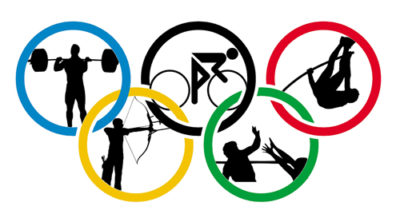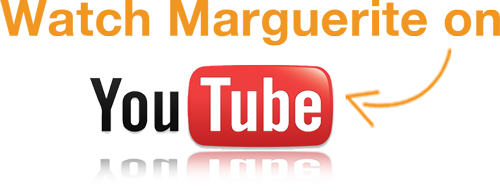“Fallen” Heroes, Legends and Icons – the challenge of being an Olympian Human
August 30, 2016 by Marguerite Orane
Filed under Featured Posts
 Almost 3,000 years ago, as part of their religious festival to honour Zeus, the god of gods, the Greeks staged the first athletic games on Mt. Olympos, the home of the gods and goddesses. The early years are the stuff of myth, but a few things seem to be agreed – the first Olympic competition was staged in 776 BC, the games were then held every 4 years, the time of staging of the games was one of peace, with truces and cessation of fighting, and victors were ascribed god-like qualities.
Almost 3,000 years ago, as part of their religious festival to honour Zeus, the god of gods, the Greeks staged the first athletic games on Mt. Olympos, the home of the gods and goddesses. The early years are the stuff of myth, but a few things seem to be agreed – the first Olympic competition was staged in 776 BC, the games were then held every 4 years, the time of staging of the games was one of peace, with truces and cessation of fighting, and victors were ascribed god-like qualities.
Forward to the modern Olympics, restarted in 1896, which are much larger in events, participants and spectators but still maintain many of the original ideals and features. In the recently concluded 2016 Olympic Games in Rio, over 11,000 athletes from 206 nations, including a Refugee team, ran, jumped, swam, dived, wrestled, played ball, fenced, threw, flipped, turned, somersaulted and rowed to a worldwide audience. We do not yet know the figures for Rio, but Sponsorship Intelligence estimated that 3.8 billion viewers watched at least 1 minute of the 2012 London Olympic Games (click HERE for report). The Olympics are, by any measure, the largest single sporting event in our modern world.
During the Olympics expectations of the common man (and woman) are of sterling athletic prowess. When that prowess seems superhuman, then our Olympians become not just medalists, and victors, but heroes. Michael Phelps and Usain Bolt have done what no other man or woman has done: Phelps with his 23 gold medals, purporting to break a 2,000-year-old record and Bolt with his triple-triple (3 gold medals in the same 3 events in 3 Olympics). They are our heroes, and like all great heroes, in the eyes of mere mortals, take on godlike qualities i.e. we expect them to be perfect.
So our Olympic heroes become role models, expected to display the same superhuman qualities in their daily lives as in the arena. It rarely, if ever, happens. Phelps “caught” smoking a bong; Bolt “caught” cavorting with women, even something as simple as Gabby Douglas, the gold medal gymnast, not placing her hand on her heart during the playing of the American National Anthem – not to mention Ryan Lochte, he of 12 Olympic medals, with his convoluted pot of lies. Gold they may have, but role models they cease being.
And why should we expect that of them?
Many years ago when my son Shane was about 3 years old, we went to a play on the life of Jesus staged by Father Richard Holung and Friends in Jamaica. Fr. Holung is a Catholic priest and stages these musicals every now and then on a scale almost as epic as the original event. The plays are very literal and true to Biblical accounts. Shane sat beside me transfixed at the spectacle. In the scene where Jesus chases the moneychangers out of the temple with whips and cursing, Shane released his thumb from his mouth, leaned on my shoulder and whispered “Mummy. Jesus is being naughty.” He returned his thumb to his mouth and continued to watch in silence. Yet that statement whispered by a little boy to his mother, loudly proclaimed his wisdom and a truth: all humans are “naughty” at some time or another, even the revered Jesus. All humans err, fail, make mistakes and missteps. That does not mean that we cannot learn from and indeed emulate them, but we must be clear what we are modeling. No one can doubt that anyone who even makes it to the Olympics has displayed great commitment, determination, grit and courage, all worthy of emulation in all areas of our lives. For a Phelps, Bolt or any other Olympian, their commitment, determination, grit and courage is beyond comprehension. As a fan of Bolt, I have watched videos of him training to the point of puking, to the point where he could not move. I have seen a video clip of him telling young athletes that to get stronger, you have to push past your limits – if your body feels dead at 5 reps, then that is when you MUST do the next one, for that’s the one that builds. Those are the things for us to role model.
Usain Bolt is a hero, a legend, an icon (who else in this world is recognizable by a silhouette?). Allow him and others to live their human lives, living, falling, learning, getting up, pushing past their limits, just as we all do. Our children, for whom we want them to be role models, will learn not to worship someone blindly, but to look dispassionately and objectively and decide what to emulate. They are wise enough to do so, as my son did at the age of 3. He knew then that humans are “naughty” but that does not in any way diminish their accomplishments and what we can learn from them.



